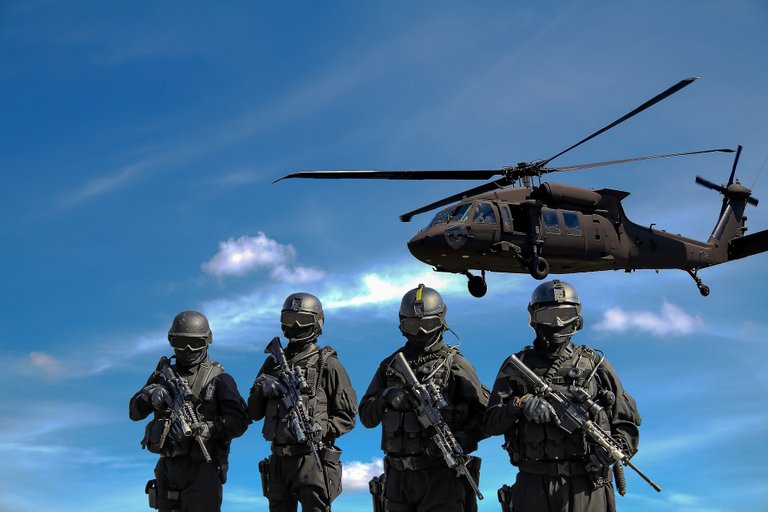The military is an important institution in any country, but it should not be given unchecked power over the government and the people. There are several reasons why the military should not be given power in a country, ranging from historical precedent to concerns about democracy and human rights. An example of why the military should not be given more power is the ongoing tension in Sudan which has displaced the country and its citizens.
First and foremost, history has shown us that military rule is often accompanied by violence, repression, and authoritarianism. Many countries have experienced military coups or dictatorships, in which the military takes power and establishes a regime that is often marked by corruption, human rights violations, and suppression of dissent. These regimes often persist for years or even decades and can leave lasting scars on the country's political and social fabric.
Moreover, the military is not trained or equipped to deal with the complex challenges of governing a country. While the military is skilled in matters of defense and security, it lacks the expertise and experience necessary to handle issues such as economic development, social welfare, and human rights. When the military is put in charge of these areas, it often leads to ineffective policies and mismanagement, which can have serious consequences for the country and its people.
Another reason why the military should not be given power in a country is that it can undermine democracy and the rule of law. When the military takes control, it often suspends or ignores the Constitution, dissolves elected institutions, and restricts civil liberties. This can lead to a situation in which the military leadership is unaccountable to the people, and the country becomes a one-party state or a dictatorship.
Additionally, giving the military power in a country can create a culture of militarism and aggression. When the military is in charge, it often prioritizes the interests of the armed forces over those of the civilian population. This can lead to an increase in military spending, the expansion of military influence in society, and a more aggressive foreign policy. This can result in an arms race, conflicts with neighboring countries, and a disregard for international law and human rights.
Finally, giving the military power in a country can undermine the country's international standing and relationships. Countries that are ruled by military regimes are often viewed negatively by the international community and can face sanctions, isolation, and other forms of pressure. This can harm the country's economy, its ability to attract investment and trade, and its ability to participate in international organizations and events.
Conclusion
While the military is an important institution in any country, it should not be given unchecked power over the government and the people. Instead, countries should rely on civilian institutions and leaders to govern and protect their citizens and should ensure that the military is accountable to the people and subject to civilian oversight. Thanks for stopping by and have a good evening.

There is reasonable evidence that this article is machine-generated. Posting such content is considered fraud.
Fraud is discouraged by the community and may result in the account being Blacklisted.
Guide: Why and How People Abuse and Defraud
If you believe this comment is in error, please contact us in #appeals in Discord.